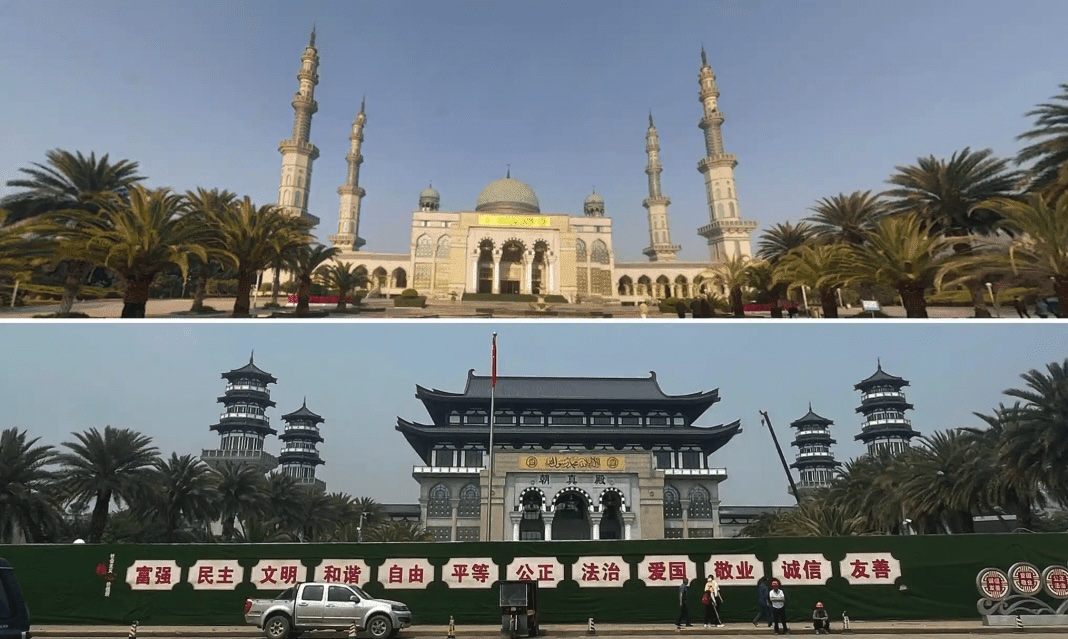A one-sided war of words, via drone
Chinese drone drops propaganda leaflets on Taiwan's Kinmen
Kinmen Defense Command says fliers 'typical cognitive warfare trick'
By Keoni Everington, Taiwan News | May. 27, 2024
If you're curious about the Chinese original of "typical cognitive warfare trick", it is "diǎnxíng rènzhī cāozuò jìliǎng 典型認知操作伎倆", which might also be rendered as "typical cognitive operation tactic".
A note on the name of the islands:
Kinmen (金門) means 'golden gate'. The name was first recorded in 1387 when the Hongwu Emperor appointed Zhou Dexing to administer the island and protect it from pirate attacks. The spelling "Kinmen" is a postal romanization. This transcription system is a variation of Nanking Syllabary, a system developed by Herbert Giles in 1892. It was adopted by the Chinese Imperial Post, part of the Chinese Maritime Customs Service led by Irishman Robert Hart. It is based on pronunciation in the Southern Mandarin, or Jianghuai, dialect. This dialect is widely spoken in Jiangsu and Anhui provinces, including the city of Nanjing. The Taiwanese Ministry of Foreign Affairs uses "Kinmen," while the United States Board on Geographic Names gives "Kinmen Island." Jinmen is the island's name both in Tongyong Pinyin and in Hanyu Pinyin. Chin-men / Chinmen is the Wade–Giles romanization of the county and island's name.
Quemoy, pronounced /kɪˈmɔɪ/, is a name for the island in English and in other European languages. It may have originated as a Spanish or Portuguese transcription of the Zhangzhou Hokkien pronunciation of the name, Kim-mûi. This is the most common form of the islands' name in English. For example, works that deal with the First and Second Taiwan Strait Crises (the Quemoy Incident) and the 1960 United States presidential election debates when the islands received prominent worldwide news coverage all use the word Quemoy. In addition, the former National Kinmen Institute of Technology was renamed National Quemoy University in 2010. Kinmen scholar Wei Jian-feng advocates the use of the word Quemoy to better connect the island to "international society or achieve more recognition in the world". Kimoi is a Hokkien-derived spelling also used in the postal romanization system.
Read the rest of this entry »

